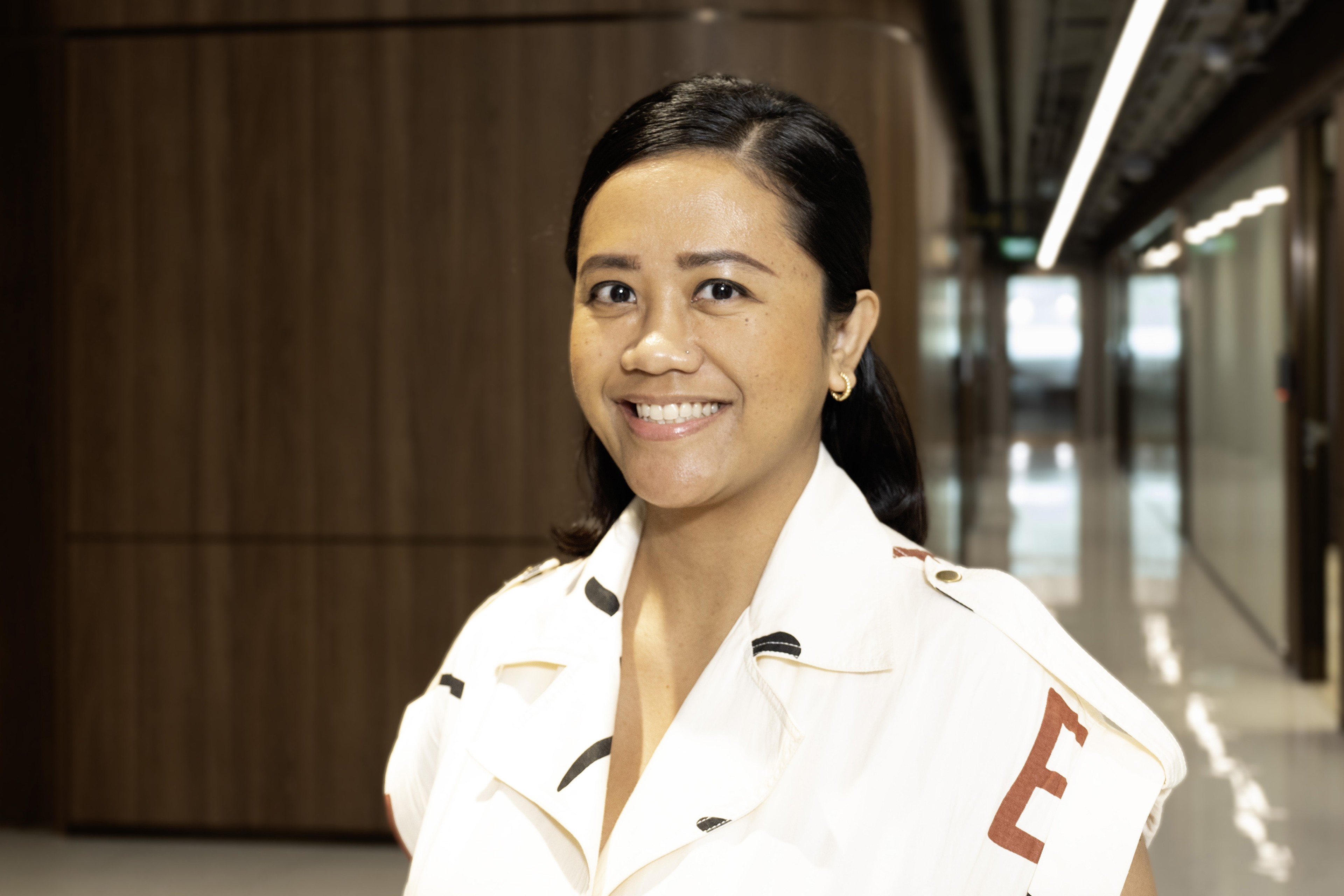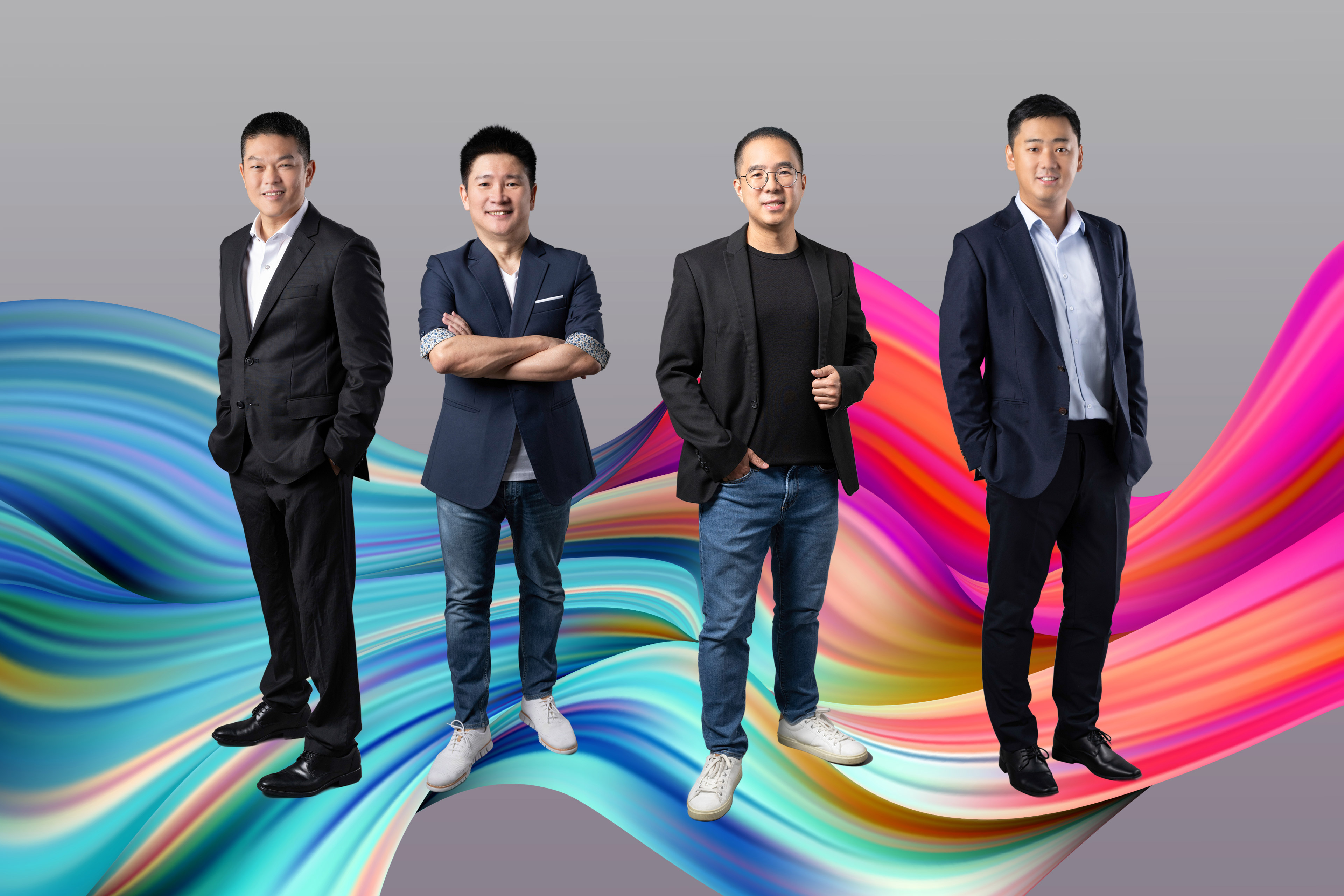EY refers to the global organization, and may refer to one or more, of the member firms of Ernst & Young Global Limited, each of which is a separate legal entity. Ernst & Young Global Limited, a UK company limited by guarantee, does not provide services to clients.
Employers in Singapore drive higher GenAI adoption and continue to value flexible work arrangements
- Workforce use of GenAI has surged to 79% (global 75%), up from 24% (global 22%) in 2023
- While fully remote work opportunities have declined, majority of employers still have policies that support hybrid work
- Younger generation of Singapore employees place higher emphasis on learning new skills
SINGAPORE, 30 OCTOBER 2024. The use of generative AI (GenAI) in the workplace has increased in the last year, with 79% of employees in Singapore (global 75%) currently using GenAI as part of their job today, up from 24% (global 22%) in 2023. A further 9% (Singapore and global) indicate that they are planning to use GenAI in the future.
This is according to the EY 2024 Work Reimagined Survey, which surveyed 17,350 employees and 1,595 employers across 23 countries and 27 industry sectors globally. The survey includes 1,050 employees and 200 employers across Southeast Asia, covering Malaysia, Indonesia and Philippines, as well as 250 employees and 50 employers in Singapore.
Close to half of employee respondents record net positive scores in relation to the impact of GenAI use on improved productivity (Singapore 48%, global 37%) and the ability to focus on high-value work (Singapore 47%, global 36%). These sentiments echo employers’ sentiments, as the majority believe that GenAI boosts productivity (Singapore 74%, global 68%) and allows for a greater focus on high-value work (Singapore 70%, global 64%).
The survey also reveals the need to build a more consistent utilization of tools and skills around GenAI across generations, as Gen Z (Singapore 23%, global 22%) and millennials (Singapore 20%, global 27%) are using GenAI extensively in their work, compared with Gen X (Singapore 15%, global 17%) and Boomers (Singapore 14%, global 7%).
There is a disconnect between employers and employees on the level of familiarity with new technologies and tools in the future. About half of Singapore employers (Singapore 48%, global 53%) anticipate major disruptions, while only a third of Singapore employees (Singapore 32%, global 42%) believe so.
Samir Bedi, EY Asean People Consulting Leader, says:
“The speed of adoption of GenAI has brought important workforce considerations to the forefront, from technology and skills investment to the importance of fostering an organizational culture rooted in trust and retention. Organizations should tailor technology to fit the unique needs of each role, while acknowledging the potential for productivity gains at every level. At the same time, they need to bridge the gap between employer and employee perspectives on technology adoption. The survey findings suggest that employers in Singapore may be more attuned to industry trends and the necessity for new technologies to maintain business competitiveness, while employees may prioritize their day-to-day responsibilities over future technology shifts, leading to a disconnect in the urgency of adoption.”
Companies continue to value flexible work arrangements
The survey finds that 16% of Singapore employers (global 14%) are supportive of knowledge workers adopting a fully remote work arrangement. This is a decline from last year’s results, where 42% of employers in Singapore (global 22%) supported fully remote work.
However, employers in Singapore are still offering hybrid work – 76% (global 72%) have company policies that allow employees to work remotely two to four days a week, up from 54% (global 65%) in 2023. The social and collaborative aspects of work are key motivators that organizations see from having employees spend time at the workplace. Only 2% (global 5%) expect a fully on-site work arrangement for knowledge workers.
Enhanced flexibility in work location or remote work opportunities ranks as the second-most significant factor attracting employees to new careers, employers or jobs roles, with 40% of Singapore respondents (global 40%) citing it as a major factor, just behind higher salary packages at 47% (global 39%).
Bedi says:
“In recent years, the rise of remote and hybrid work has reshaped our approach to workforce productivity, moving away from the traditional emphasis of hours spent on-site. While many organizations are now encouraging more employees to return to office, the survey results point out that in Singapore, employers continue to value flexible work arrangements. This commitment to flexibility is promising as we approach the implementation of the new government guidelines on flexible work arrangements in December. As organizations adapt to these guidelines, we expect to see a positive shift in workplace culture that prioritizes both employee well-being and business performance.”
Learning and development
Employees in Singapore are increasingly reaping the rewards of learning and development opportunities, enhancing their skills and career prospects while contributing to a more dynamic and capable workforce. 46% of employee respondents (global 55%) indicate net positive scores in relation to opportunities for learning and upskilling in their organizations.
While 55% (global 63%) are confident that their current skills will remain relevant in three years, 58% (global 60%) recognize the critical need to learn new or enhance their knowledge and skills. Sentiments regarding the importance of learning new skills are notably stronger among Gen Z compared to Gen X – 28% of Gen Z in Singapore (global 26%) strongly agree that it is essential to learn and upskill in the coming year, compared with just 15% of Gen X in Singapore (global 26%). This difference also mirrors generational perceptions of the relevance of skills over the next three years.
Quit intent stronger in younger generation
Singapore employees continue to be emboldened by their generational views and options in the labor market, according to the survey. Four in ten (Singapore and global 38%) employee respondents state they are likely to consider quitting their jobs within the next 12 months. Of them, 39% of the Singapore surveyed employees (global 26%) indicate that they wish to remain in their current sector and 28% (global 25%) say they are looking to move into a different sector. Overall, employee quit intent in Singapore has decreased by 7-percentage points year-on-year. This sentiment is particularly strong among Gen Z, with 57% (global 38%) looking to leave compared with 25% (global 34%) of Gen X.
Bedi says:
“The younger generation continues to move more fluidly between employers to gain new experiences, different skills and flexible working practices, and legacy talent strategies no longer cut it. Talent leads should focus less on how long an employee stays with them and more on their values, the quality of their experience and contribution to the organization.”
- ends -
Notes to editors:
About EY
EY is building a better working world by creating new value for clients, people, society and the planet, while building trust in capital markets.
Enabled by data, AI and advanced technology, EY teams help clients shape the future with confidence and develop answers for the most pressing issues of today and tomorrow.
EY teams work across a full spectrum of services in assurance, consulting, tax, strategy and transactions. Fueled by sector insights, a globally connected, multi-disciplinary network and diverse ecosystem partners, EY teams can provide services in more than 150 countries and territories.
All in to shape the future with confidence.
EY refers to the global organization, and may refer to one or more, of the member firms of Ernst & Young Global Limited, each of which is a separate legal entity. Ernst & Young Global Limited, a UK company limited by guarantee, does not provide services to clients. Information about how EY collects and uses personal data and a description of the rights individuals have under data protection legislation are available via ey.com/privacy. EY member firms do not practice law where prohibited by local laws. For more information about our organization, please visit ey.com.
This news release has been issued by Ernst & Young Advisory Pte. Ltd., a member of the global EY organization.
About the EY 2024 Work Reimagined Survey
In August 2024, the global EY organization conducted the fifth installment of the Work Reimagined Survey to better understand the continued changes in global talent dynamics, working patterns, and the balance of power between employers and employees. The research included a survey of 17,350 employees a survey of 1,595 employers from organizations with 500 or more global employees. Respondents represented 27 sectors and 23 countries covering the Americas, Asia-Pacific, and EMEIA (Europe, the Middle East, India and Africa).
APAC No. 12003763.
Related news
Car buyers in Singapore are warming up to electric vehicles (EVs) as 73% (global 58%) are looking to buy EVs this year, compared to 63% (global 55%) last year.
Four leading entrepreneurs named winners of the EY Entrepreneur Of The Year™ 2024 Singapore awards
Professional services organization EY today announced the four recipients of its 23rd EY Entrepreneur Of The Year (EOY) 2024 Singapore awards.
With a tepid start to 2023 before moving into a more robust Q3, SEA wrapped up 2023 with a total of 22 deals deploying US$3.9b.
Pick up in private equity activity across Southeast Asia in Q3 2023 amid headwinds
In Q3 2023, Southeast Asia saw a total of 18 PE-backed deals worth US$1.8b, compared with 18 deals worth US$1.2b in the same period last year.
Conglomerates in Southeast Asia (SEA) have historically outperformed their global counterparts in total shareholder returns (TSR) but this outperformance has since been eroding.
CEOs are feeling more hopeful about their immediate prospects and the actions they need to take now to create capital for investment in future growth.
CEOs globally recognize the potential of artificial intelligence (AI), but most are encountering significant challenges in formulating and operationalizing related strategies.









